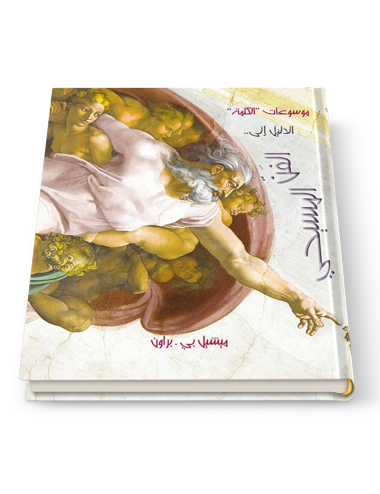the nineteenth of maquerk, based on proverbs 13:4
Sometimes Laziness has its own Reward
0 kg - 300 kg
Sometimes Laziness has its own Reward
Children can understand the importance of listening to others when they see how one proud insect learns her lesson in a most of unfortunate way.
Antigone begins with The two sons of Oedipus, Eteocles and Polyneices, who are fighting for the kingship of Thebes. Both men die in the battle. Their successor, Creon, decides that King Eteocles will be buried, but Polyneices, because he was leading a foreign army, will be left on the field of battle. Antigone, his sister, buries him anyway.
Antigone is caught burying Polyneices and is condemned to death. Her fiance and Creon's son, Haemon, learns about this and tries to convince Creon to change his mind. It's only then that the seer Tiresias appears. After a long discussion, he finally persuades Creon that the gods want Polyneices buried. By then it's too late Antigone has hung herself, Haemon kills himself when he finds her, and Creon's wife kills herself when she learns about her son.
Sometimes Laziness has its own Reward
This abridgment of Colin Brown’s original four volume work is arranged with its entries in Greek alphabet order, which makes it easy to find the discussion of a particular word. All Greek words are transliterated into English and linked with their Goodrick/Kohlenberger numbers.
Christianity has been a central force in the shaping of western culture. It is not surprising, therefore, that the greatest artists down the centuries have sought to paint its story. This book tells the history of Christian art, exploring the purpose behind the masterpieces and looking at the context in which they were created. The modern secular reader who feels detached from the meaning of the paintings will be helped to understand their emotional as well as their asethetic power. And the Christian reader will be encouraged to explore further the wonder and beauty of the Christian cultural legacy. The book includes a final chapter on the way modern artists are continuing and changing the legacy.
One of the masterworks of twentieth century Jewish scholarship was Louis Ginzberg's Legends of the Jews, or, more accurately, Legends of the Bible... For scholars, Ginzberg's book is a monumental work of research. But for the general reader, it is a gateway into a world, a world where the imagination roamed and the spirit was free... The Bible will never be the same for you again, if you do.
(Rabbi Jack Reimer South Florida Jewish Journal.)
Forty years in the wilderness transformed Hebrew slaves into the Jewish people. In the long wandering to the promised land, much happened that the Bible did not record. Volume Three collects the legends about events that occurred during the exodus, events of struggle and anger, and of wonder and awe.















